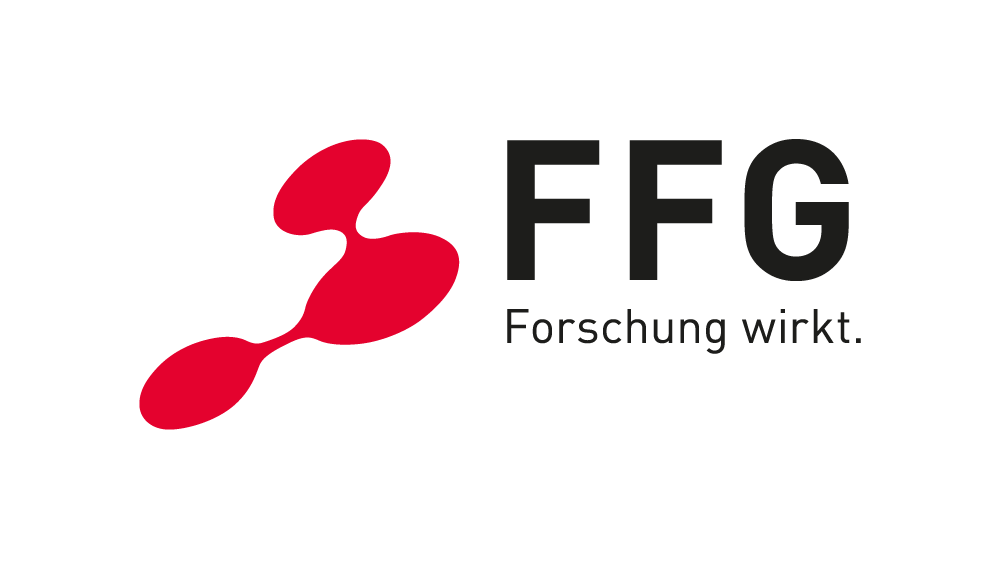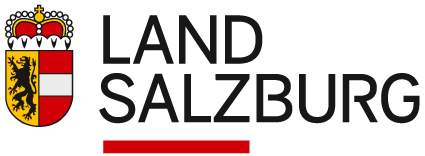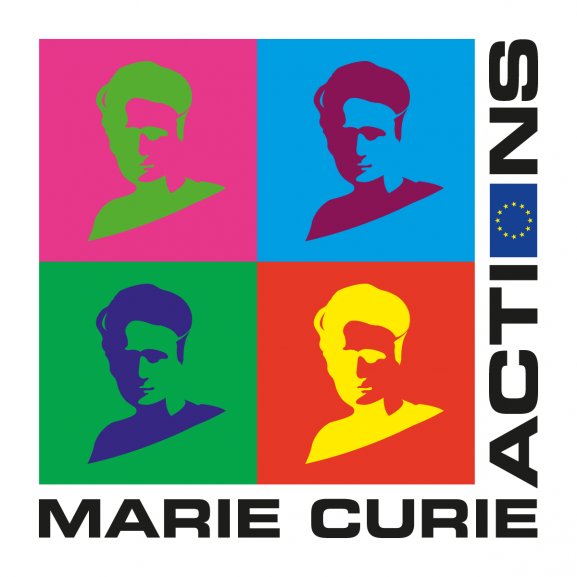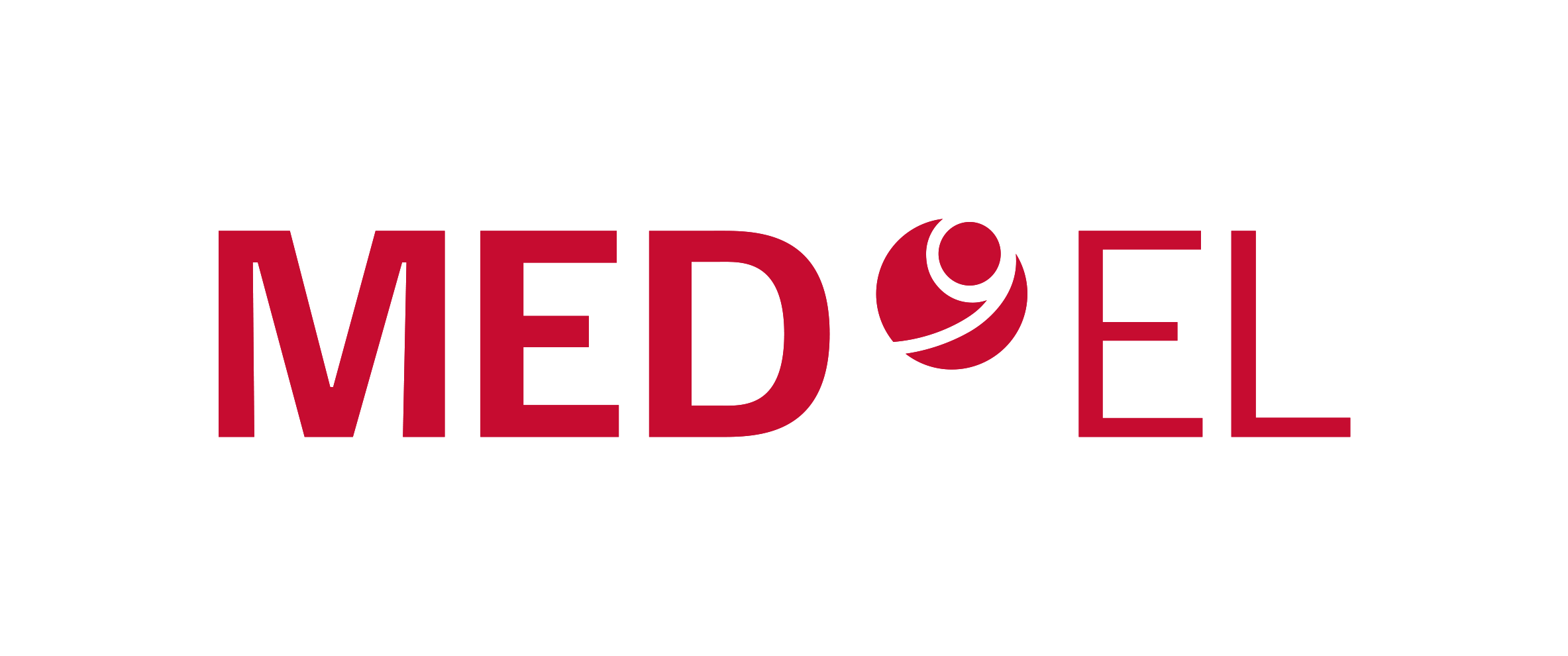Kaja Rosa Benz, Anne Hauswald, Nathan Weisz
Hearing Research, May 2025
Auditory Neuroscience Lab
How can we make sense of our acoustic environment, considering the fact that different sound sources in our complex environments (e.g. the classically cited “cocktail party") often activate the same receptors simultaneously? Only some information will be relevant for guiding our behaviour, while other information will be irrelevant or even distracting.
Next to a “faithful" transduction process and feedforward transmission of information, the listening-challenge can only be solved by appropriate deployment of top-down processes, such as attention or (anticipatory) prediction. The Auditory Neuroscience Group at the Salzburg Brain Dynamics lab is in particularly interested in neural processes linked to prediction, which could be derived e.g. by statistical regularities derived from previous input or by contextual cues (e.g. lip-movements accompanying speech). A particular focus of our group within this context is to shed light on the underinvestigated role corticofugal processes, which includes subcortical and even cochlear processes. We aim at linking these processes to higher-order cortical systems, that are more commonly investigated within cognitive neuroscience. For this purpose we are advancing simultaneous non-invasive neuro-cochlear measurements, which among others includes combination of measurement instruments (e.g. MEG and otoacoustic emissions) and innovative signal processing strategies applied to M/EEG data.
Our research has strong clinical implications, that we are currently pursuing in separate projects funded by the European Commission (Marie Curie Actions), FWF and FFG/MED-EL.
Kaja Rosa Benz, Anne Hauswald, Nathan Weisz
Hearing Research, May 2025
PyRASA - Spectral parametrization in python based on IRASA
Fabian Schmidt, Nathan Weisz, Thomas Hartmann
Journal of Open Source Software, May 2025
Selective preservation of prediction-related signals in human sleep
Pavlos I. Topalidis, Gianpaolo Demarchi, Lisa Reisinger, Juliane Schubert, Mohamed S. Ameen, Nathan Weisz, Manuel Schabus
Current Biology, May 2025
Kaja Rosa Benz, Anne Hauswald, Nina Suess, Quirin Gehmacher, Gianpaolo Demarchi, Fabian Schmidt, Gudrun Herzog, Sebastian Rösch, Nathan Weisz
eNeuro, April 2025
Martina Berto, Patrick Reisinger, Emiliano Ricciardi, Nathan Weisz, Davide Bottari
Cortex, March 2025
Tobias Hausinger, Patrick Reisinger, Nathan Weisz, Andrea Hansen, Ti-Anni Harris, Belinda Pletzer
Psychophysiology, March 2025
Patrick Reisinger, Marlies Gillis, Nina Suess, Jonas Vanthornhout, Chandra Leon Haider, Thomas Hartmann, Anne Hauswald, Konrad Schwarz, Tom Francart, Nathan Weisz
eNeuro, February 2025
Ya-Ping Chen, Patrick Neff, Sabine Leske, Daniel D. E. Wong, Nicole Peter, Jonas Obleser, Tobias Kleinjung, Andrew Dimitrijevic, Sarang S. Dalal, Nathan Weisz
Brain Communications, January 2025
Aberrant auditory prediction patterns robustly characterize tinnitus
Lisa Reisinger, Gianpaolo Demarchi, Jonas Obleser, William Sedley, Marta Partyka, Juliane Schubert, Quirin Gehmacher, Sebastian Roesch, Nina Suess, Eugen Trinka, Winfried Schlee, Nathan Weisz
eLife, December 2024








